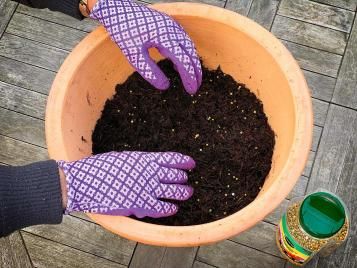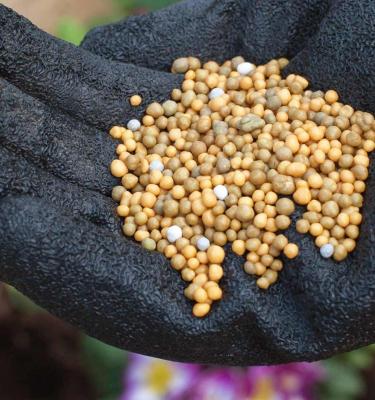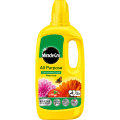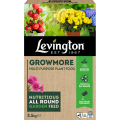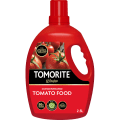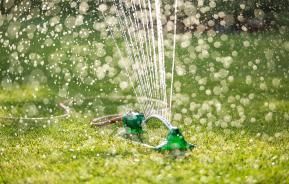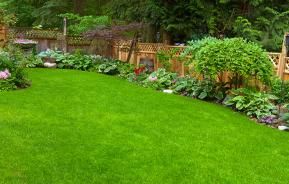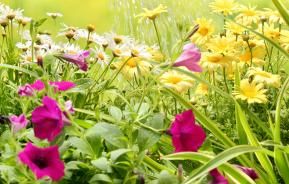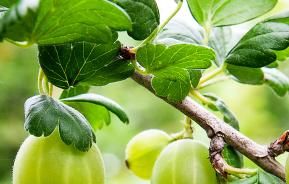Plants don’t just get thirsty, they get hungry, especially those planted in containers and baskets – even if a really good compost has been used that contains a feed, as after a while all those nutrients get used up and the plant will then depend on you to provide more.
Why feed plants?
Just as humans need food to survive, plants also need feeding and like us the correct nutrients will help plants not just survive but thrive.
Essentially, plants need 3 main nutrients:
- Nitrogen (N) – for shoots
- Phosphorous(P) – for roots
- Potassium (K) – for fruits
These 3 key nutrients help support the major development of all plants including glossy green leaves, strong roots and stems, fruit and flower production and resistance to disease.
There are other vital nutrients that plants need that are generally supplied in smaller quantities including magnesium, manganese, iron and zinc.
When should I feed my plants?
If you are using a good quality compost that contains feed then you will need to see how long the bag states the feed lasts for. Compost feed levels can vary between 6-8 weeks up to 3 months so always check the pack.
Don’t always rely on the bag though as some conditions mean nutrients can be used up more quickly such as very wet weather, very hungry plants such as courgettes and roses as well as if the bag has been stored for a long time before use.
Plants grown in peat free compost can use up the nutrients slightly more quickly so always keep an eye out on your plants and if you see any signs of yellowing leaves, slow growth or heavy flowering and fruiting then start feeding straight away.
For plants growing in borders or beds then feeding in early spring and then autumn for winter flowering plants is a must and it’s also a great idea to apply a mulch on top of the soil at these times of year too.
Summer is a vital time to start supplementary feeding your plants as usually it’s when they are working their hardest, can be stressed due to weather conditions such as drought and will most likely have used up the nutrients in the soil or compost.
Autumn is a time when many plants are still flowering and fruiting so keep up with the feeding whilst the plant is still producing.
